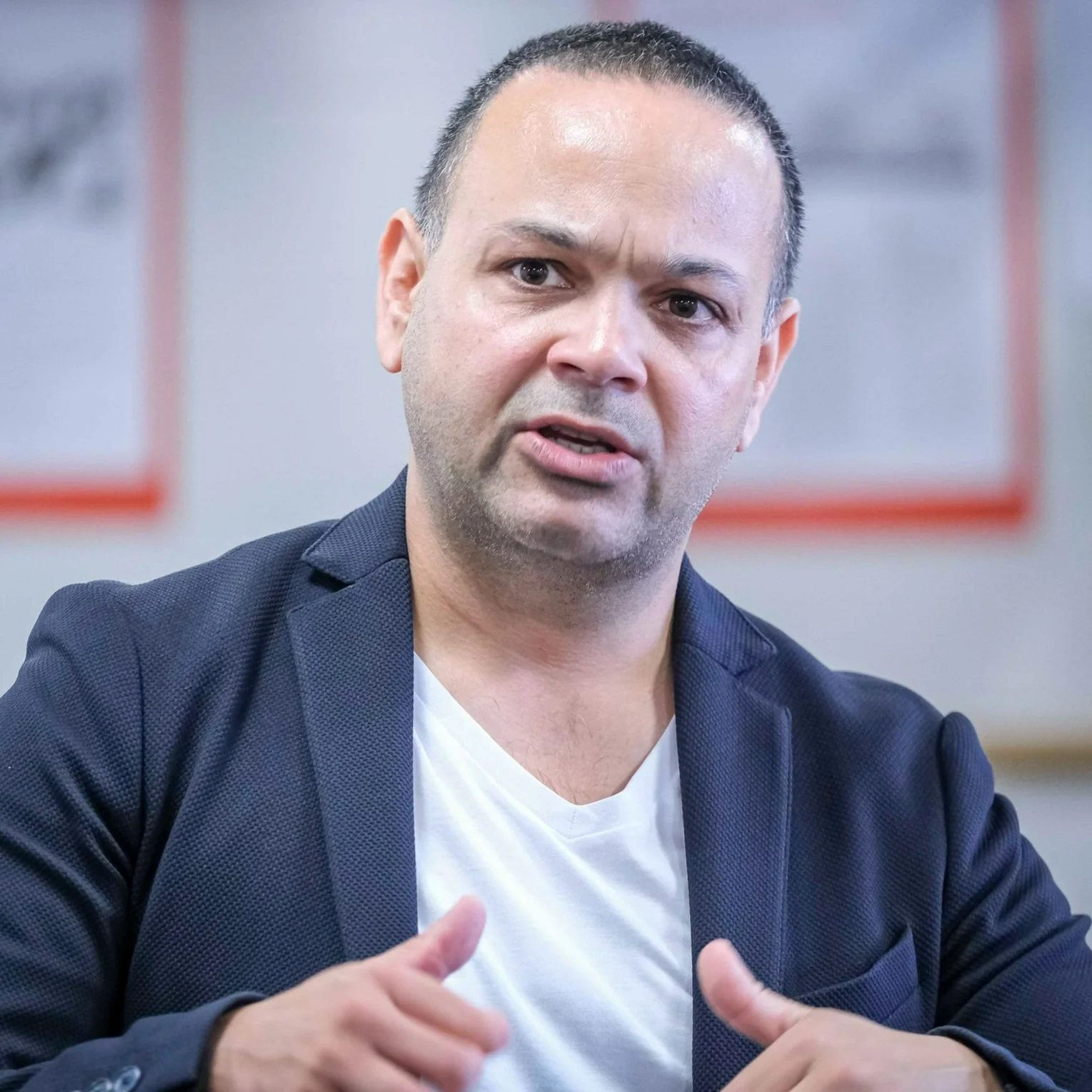Idiopathic Pulmonary Fibrosis Research Breakthrough
Dr Sukhwinder Sohal. Picture: Courtesy of Craig George, The Examiner
February 2022
A Tasmanian study funded by the Clifford Craig Foundation has identified a crucial new mechanism researchers hope could lead to more effective treatments for Idiopathic Pulmonary Fibrosis.
A highly destructive lung disease, IPF causes thickening and scarring of the lung tissue making it difficult for the lungs to transfer oxygen into the blood.
While relatively common, there is currently very little known about the underlying mechanisms of IPF and sadly once diagnosed patients have an average survival rate of just three years.
Led by Dr Sukhwinder Sohal, ‘Vascular remodelling in IPF patients and its detrimental effect on lung physiology’ was recently published in the European Respiratory Journal and is the first study to provide size-based morphometric data on remodelling of muscular arteries in the IPF lung.
Speaking to The Examiner newspaper about the exciting development, Dr Sohal said the discovery will provide new insights into treating the disease.
“What we have discovered is a mechanism called EndMT, or endothelial to mesenchymal transition, in which endothelial cells or the blood cells that line the blood vessels and arteries of the lungs in response to outside insult contribute to the scarring caused in IPF - and destroy the lung in general," he said.
"EndMT seems to be a very novel and new therapeutic target for this insidious disease, and this is the first time this kind of work has come out.
"If you know this is what the vasculature looks like, this is what the arteries look like, and this is what the pathology looks like, then the clinical practice can treat these patients better.
"There are immediate benefits here to clinical practice, but it also provides avenues for new therapeutic targets, for a potential cure treatment and better treatments down the track."
The study builds on expertise gained through previous research funded by the Clifford Craig Foundation in 2018 which provided novel insights into the mechanism of the disease and the potential for new ways to diagnose the disease at earlier stages.
Carried out in collaboration with physicians at the Launceston General Hospital, Alfred Hospital, University of British Columbia, Canada and the Centre of Research Excellence in Pulmonary Fibrosis, PhD student Archana Vijay Gaikwad has also been awarded an international scholarship from the American Thoracic Society for her work with the study.

